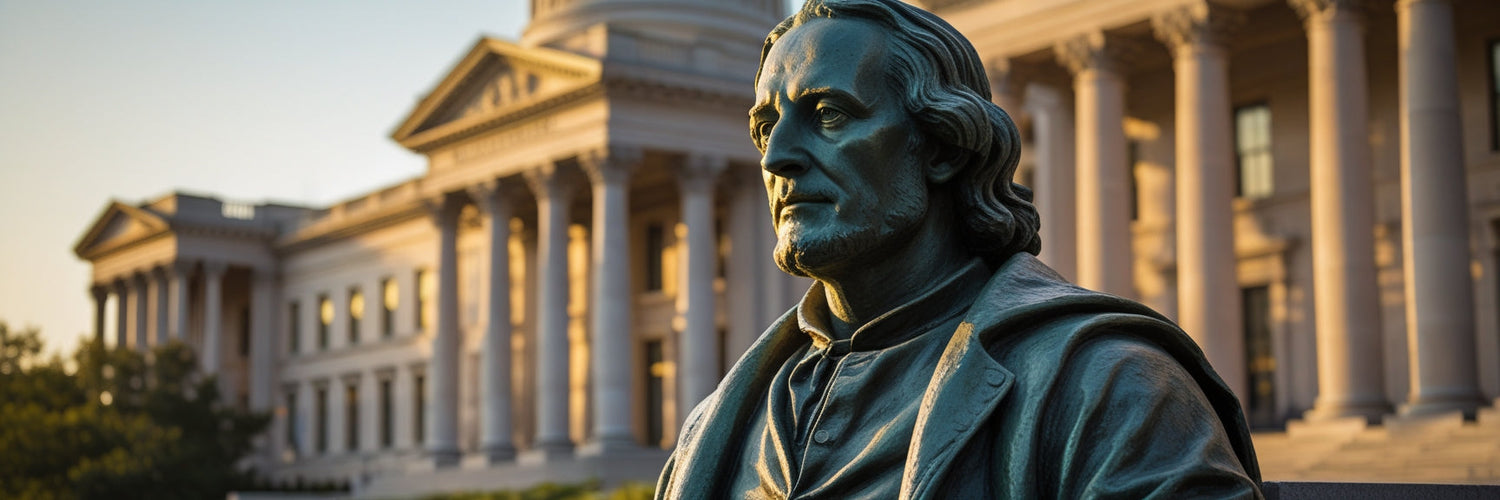The True Purpose of Power
Power is often treated as a given—an immovable part of society. But for John Locke, one of the most influential political philosophers of the 17th century, power was never meant to dominate. It was meant to serve. Locke argued that government exists not to rule over people but to protect their natural rights—life, liberty, and property. Authority, he believed, derives not from force or tradition, but from the consent of the governed. Without this consent, no government has moral legitimacy.
Locke’s vision of political power was radical for its time and remains vital today. It reframes leadership not as dominion but as stewardship. Leaders, in this view, are not masters of the people—they are their representatives and servants. When governments respect these boundaries, liberty flourishes. But when they overstep, when laws are used to control rather than protect, the social contract breaks. And once broken, it must be challenged.
When Authority Betrays Its Purpose
Locke made it clear: when governments violate the rights they are meant to protect, they cease to be legitimate. In such moments, resisting authority is not only justified—it is required. This isn’t a call for lawlessness. It’s a demand for accountability. A government that enacts laws to strip freedoms, silence dissent, or concentrate power no longer serves justice. It transforms institutions from protectors of liberty into enforcers of control.
This shift often comes in subtle stages. Laws are passed in the name of security. Freedoms are curtailed “temporarily.” Surveillance increases. Public criticism is painted as dangerous or disloyal. Under the guise of preserving order, rights are slowly eroded. In such a climate, silence becomes complicity, and obedience becomes the fuel of authoritarianism. Locke's philosophy insists that we must know where the line is—and act when it is crossed.
The Responsibility to Hold Power Accountable
Locke’s most enduring legacy is the idea that people are not merely subjects—they are citizens with agency, rights, and responsibilities. Democracy depends not just on voting or civic participation, but on an underlying principle: power must serve justice, or it loses its claim to authority. When governments become oppressive, people have a duty to speak out—not to destroy government, but to reform it, to demand that it return to its rightful role.
Unchecked power, left to expand without question, undermines trust, corrodes institutions, and replaces dialogue with fear. Compliance becomes habit, and accountability fades. But Locke teaches us that standing up to unjust authority is not rebellion—it is the restoration of balance, the renewal of a government’s original purpose.
Your Rights, Your Voice
John Locke’s warning is simple but profound: freedom is never guaranteed, and power is always tempted to overreach. But no law, no leader, and no institution stands above the principle that authority exists to protect, not suppress. In times of uncertainty, it becomes all the more crucial to question power, to defend rights, and to remember that the consent of the governed is not a formality—it is the foundation of freedom.
Tyranny gains strength when people fall silent. But a just society begins where power is held to account. Your rights matter—not because they are given by government, but because they are yours by nature. And when those rights are threatened, Locke reminds us: resistance is not treason—it is justice in action.





















































